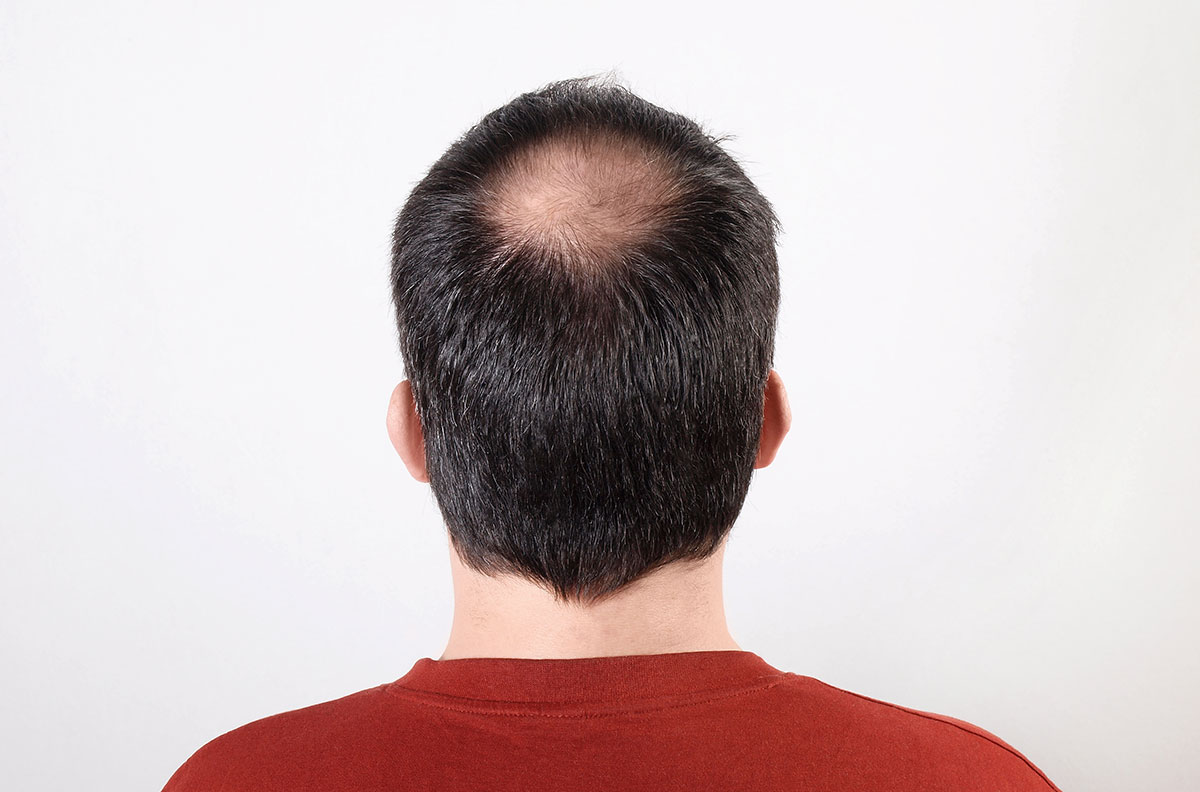Just because your hair is falling out doesn’t mean it will result in permanent baldness. Hair loss; A natural part of the hair growth cycle that consists of anagen , catagen and telogen phases. Experts dealing with hair science say that it is normal to lose 25 to 100 strands of hair a day. But don’t be in a hurry to get complacent. Most of the time, we cannot prevent the conditions that push the normal limits and leave us alone with the problem of intense hair loss. The most concrete example of this is androgenetic alopecia . Androgenetics in which genetic factors are effective Alopecia is also known as male pattern baldness. androgenetics Hair loss in alopecia is gradual and progressive. Although it does not result in baldness at once, hair loss becomes permanent over time. Permanent hair loss sometimes; It can be an unpleasant result of situations such as falling, impact, fire, traffic accident. It is the most effective and permanent solution option for removing regional baldness in the head area due to hair transplantation, male pattern baldness or various accidents. However, experiencing hair loss with these problems does not mean that you are a suitable candidate for hair transplant surgery. As the Interliva family, we start with a strict conformity assessment before deciding on a patient’s hair transplant surgery. Here are the quizzes you need to give step by step!
Are You At The Appropriate Age For Hair Transplant?
procedure we recommend to young individuals . The biggest reason for this is the potential for continued hair loss. Especially in people who have started to have hair loss due to genetic predisposition, the shedding should be stable , that is, it should stop or slow down to a great extent. If we ignore this, when the hair around the transplanted hair falls out, you may end up with an unaesthetic appearance.
Are Your Health Conditions Suitable for Hair Transplant Surgery?
Hair transplantation is a surgical procedure . In order for the surgery to be performed, the patients must be in relatively good health. Hair transplantation surgeries pose a risk in cases where there are serious health problems such as heart, hypertension, uncontrolled diabetes, liver and kidney failure.
Do you have enough hair follicles in the donor area?
The success of hair transplantation is directly related to the donor area conditions. The donor area, which we consider ideal for hair transplantation , is the part of the head between the two ears. In order to achieve the desired density and natural results; In the area where the hair follicles are collected and called the donor area, there should be sufficient healthy hair follicles. The patient should understand very well that if the donor area is not sufficient or unsuitable for hair transplant surgery, a different part of the body can also be determined as a donor area.
Do You Have Realistic Expectations?
hair transplantation; It is a procedure with a high success rate as long as it is performed by doctors who are experts and experienced in the field, with appropriate technology and in healthy clinical conditions . If all these conditions are met , the biggest reason for this is the unrealistic expectations of the patients. At this point, we try to bring your dreams to a reasonable level and avoid performing the surgery if we are convinced that you will not be satisfied under any circumstances.
How is your psychology?
Your mental health is just as important to us as your physical health. Your psychology must be in good shape for hair transplant surgery. Some psychological illnesses are a major obstacle to this procedure . We can give an example of this as trichotillomania . Patients with trichotillomania , known as hair pulling disease , are not suitable for hair transplantation. The biggest risk in trichotillomania , which is a manifestation of stress and anxiety disorder, is that patients tend to pluck the transplanted hair. In addition to this, the dissatisfaction that we have just mentioned can be the result of a psychological disorder, apart from being a characteristic feature. Hair transplantation is not a suitable procedure for people who experience these and similar situations.

